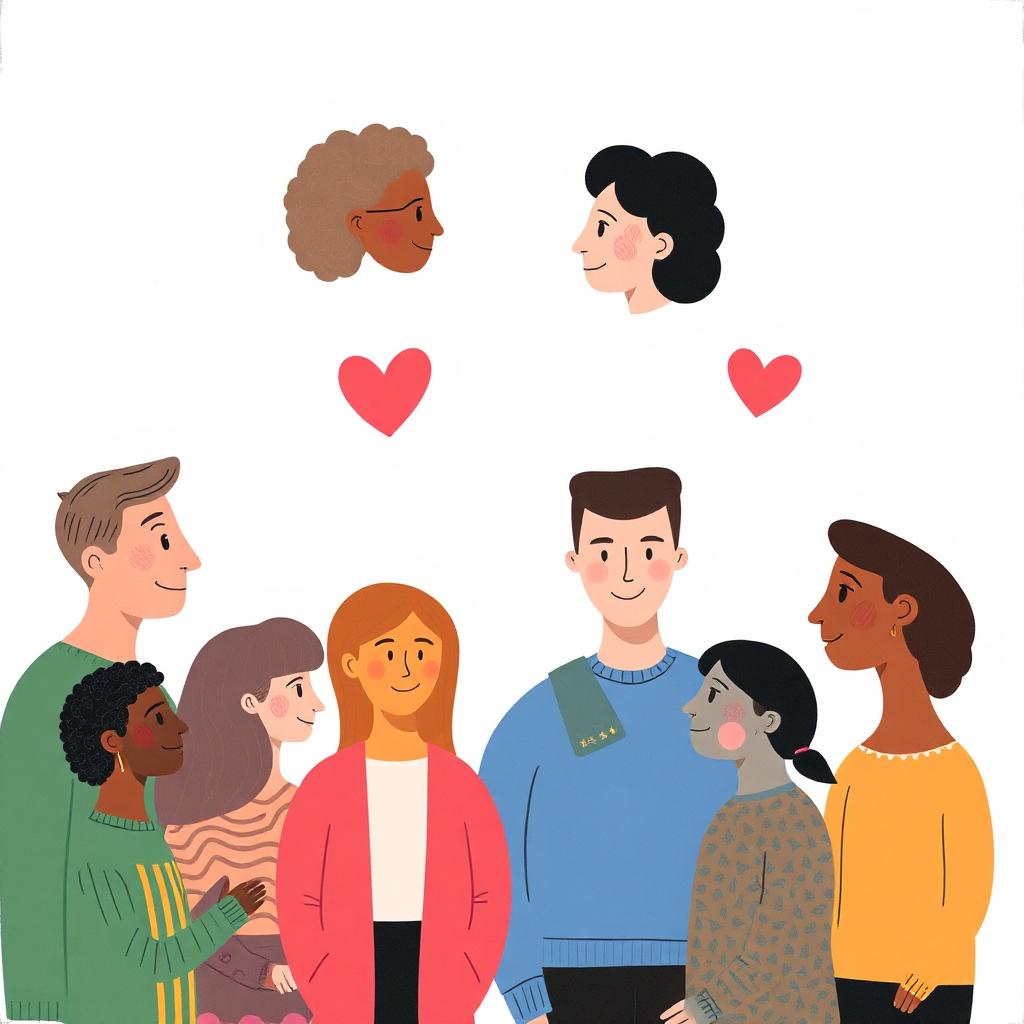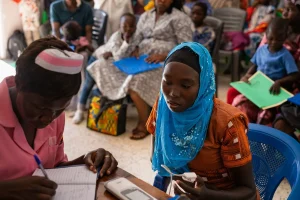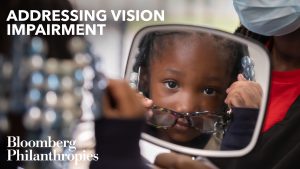The Need for More Inclusive Mental Health Care

Accessing mental health support should never feel like stepping into a space where you don’t belong. Yet that’s exactly how therapy can feel for many individuals because of their race, gender, culture, or identity. Inclusive mental health care begins by welcoming everyone on their own terms.
Why Inclusive Care Matters
When the place where you’re going for mental health services isn’t accommodating to your culture or your lived experience, therapy can feel ineffective. This includes appreciating how identity influences all aspects of symptoms, trust, and stigma.
When someone is from your same background, for instance, Black female psychologists in Cape Town, offer mental health care, it makes therapy much more approachable and relatable.
Clients who perceive themselves as being heard and respected remain in therapy longer and gain more benefit from therapy. An inclusive strategy can maximize the results and the client experience.
An experienced therapist not only sees what most fail to, such as the microaggressions that create anxiety or the cultural stigma surrounding seeking help for mental health, but they can also comprehend and contextualize how a person adapts within a given culture.
Without the awareness of these oppositional forces within, therapists risk trivializing or misunderstanding their clients’ pain.
Barriers to Inclusive Care
Institutional bias and financial constraints are some of the major barriers to access to mental health services.
You may be avoiding therapy because of a cultural mismatch or worrying about others misunderstanding or judging you.
Stigma remains particularly prevalent in some cultures and communities, making it difficult to ask for help.
Promoting open conversations, spreading awareness in communities, and sharing personal stories can also help break down these barriers.
Building Trust Through Cultural Humility
Therapists don’t need to know everything about a client’s background in advance, but they do need to listen and learn.
Cultural humility requires people to recognize their assumptions and change course when needed. Being asked questions like “How does culture shape your experience?” or “What should I know to support you better?” can build trust by shifting the dynamic from clinical to conversational.
When people feel understood, they are more likely to open up and talk about their problems.
What Inclusive Therapy Looks Like
A few groups and organizations match folks with culturally informed mental health practitioners as well as provide therapists with resources to serve diverse communities.
However, inclusive mental health care is not only about having a therapist with the same background as the client. And it must be multilingual and allow for sliding scale fees and other accommodations for access to remove barriers to care that include all.
For people who cannot afford to travel to appointments, online consultations can also be a saving grace.
And with that in mind, inclusive spaces should also take into account the delivery of therapy. For others, peer support groups and community-based therapy are services that they find to be more culturally appropriate than treatment at a mainstream clinic.
More relatable mental health services keep clients on board longer and help improve their outcomes.
This is beneficial for therapists, too, as it allows for professional development. The ability to work well across cultures is a skill and requires confidence.
How Mental Health Providers Can Help
Mental health professionals and organizations can make their services more inclusive through ongoing training in cultural competence and humility.
Recruiting diverse staff and enforcing policies that address discrimination also helps. They can also:
- Make mental health language inclusive and clear by using accessible and respectful terms.
- Train staff to recognize systemic barriers and power dynamics.
- Offer services in different languages and in ways that integrate clients’ cultural experiences.
- Make mental health services affordable for people who may otherwise be excluded.
- Build and offer non-traditional and flexible mental health solutions for people with inflexible work schedules.
- Engage with marginalized communities, reduce stigma around mental health through communication, and ask whether available resources are addressing their needs.
- Collect data to analyze outcomes and satisfaction across diverse populations to spot and address disparities.
Conclusion
We live in a very diverse world. However, too many mental health systems still reflect narrow perspectives, which leads to poorer outcomes and reinforces distrust in healthcare systems due to past negative experiences.
People should not be expected to adapt to a system that wasn’t built for them. We all deserve mental health care that feels welcoming and respectful. Being seen, heard, and understood is the first step in healing.
Inclusive practices like culturally sensitive training, expanded access, and diverse representation make therapy more effective and equitable.

SUBSCRIBE TO OUR NEWSLETTER





















